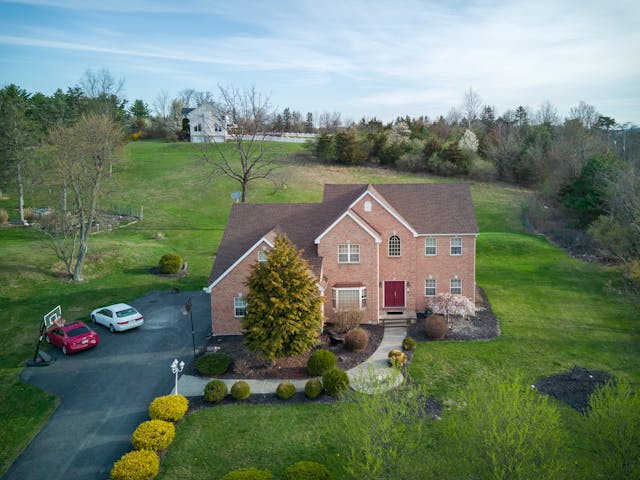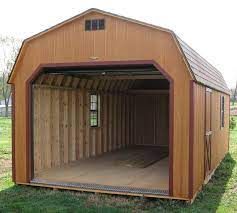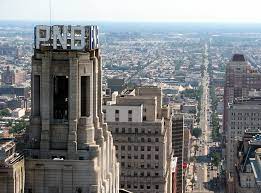There are several aspects to consider when deciding whether to invest in residential or commercial real estate.
Types:
There are the types of properties available for investment in each category is one of the fundamental differences between commercial and residential real estate. Houses, flats (including penthouses), and plots dedicated to the construction of a dwelling are the primary targets of residential investment. Commercial investment, on the other hand, caters to stores, offices, and plots suitable for the construction of an office building or a plaza.
Role:
The main goal of your enterprise will also influence your decision between residential and commercial investing. Is the property going to be used for your own personal or company requirements, or is it going to be a source of regular income? Do you merely wish to keep the property for the purpose of reselling it later?
Residential:
Residential properties are commonly utilised for self-sufficiency or as a rental property purpose for possible tenants, allowing you to make a monthly income from the property. You might also consider making a long-term residential investment in a house or plot with the intention of selling it for a higher profit in the future.
Commercial:
Commercial properties, on the other hand, attract businesspeople and company owners who need office space for their employees or a shop to sell their wares. Commercial investors may also be interested in acquiring an empty plot of land and transforming it into a warehouse or office building, where various offices may be rented or sold to various businesses. To acquire commercial plots in Pakistan, you can follow some simple guidelines.
You may also like to learn about the Park View City Islamabad.
Cost:
A lot of variables, such as the property’s location, the neighbourhood it’s in, the facilities nearby, and so on, might boost the value of your home. As a result, while residential houses come in a variety of sizes, the price varies from city to city and project to project.
Commercial properties, on the other hand, are influenced by a diverse set of factors. Two examples are a store with a street front site and a readily accessible office building. But it’s worth noting that investing in commercial property is not only costly in general, but there are also size restrictions on commercial plots and stores, with a limited selection accessible.
Rules:
In terms of design, structure, building rules, and rental agreements, residential property owners often have a lot more leeway. It is also simpler to construct a residential house because zoning and planning licences are not required. If you decide to acquire a commercial property, however, the rules and regulations become more stringent, and you’ll have to overcome various obstacles to obtain the necessary rights to develop and design as you like.
Stability:
When deciding between a commercial and a residential investment, consider which one will work best for you in the event of an economic downturn. The truth is that housing demand is always high, with practically everyone needing a roof over their heads, no matter how little money they have or how much rent they can pay. When the economy slumps, however, many businesses, retailers, and organisations may rethink their costs, locations, and overheads, among other things. So, if you’re working on a transaction and the economy tankes, you’re going to be in big difficulty.
Consumers:
Let’s take a look at the pool of investors/renters you have available. Because housing demand never truly goes away, there will always be a demand for homes and a vast pool of purchasers prepared to rent or buy your home if you want to rent or sell it. Commercial establishments, on the other hand, are solely in demand by businesses, organisations, and shops, who will not be seeking for a second choice if they already have a well-established setup.
Maintenance:
Residential homes are less expensive to maintain than commercial properties, partly because your tax rate changes if you designate yourself as the owner of a commercial property. As a result, you’ll not only pay more taxes, but you’ll also pay more for utilities, as is the case with all commercial enterprises because their overheads are often greater.
Author Bio
Muhammad Junaid is a CEO of VM Sol, senior Analyst, and Search Engine Expert. Extensive experience being an IT Manager in GreyBricks Marketing – Blue World city. Work for years with local and international enterprises. Also, represent well-known brands in the UAE.











